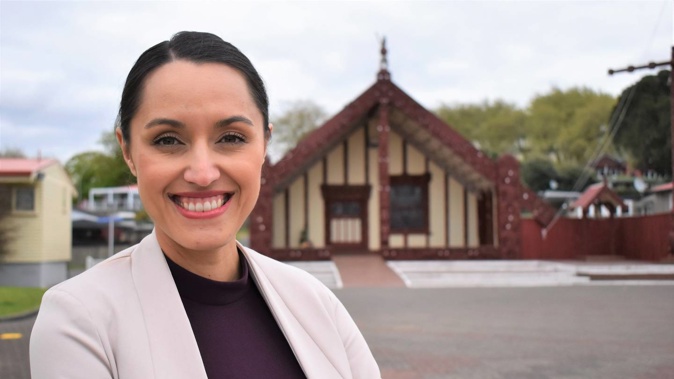
Rotorua Lakes Council is being threatened with legal action by free speech advocates who believe a decision over public submissions breaches the Bill of Rights.
On Wednesday, Rotorua Lakes Council voted to progress its Submissions Policy which included the ability to remove public submissions if they were deemed offensive, discriminatory, or contained personal threats.
In the meeting, mayor Tania Tapsell said there had been a “significant increase” in submissions containing this type of language.
The policy was adopted with three councillors opposing it.
Councillor Robert Lee said he believed the council needed a submissions policy but he could not support it in its current form. He said submitters would not read it and it would create an extra workload for council staff.
“Part of the submissions-making process I think comes back to catharsis. People want to be heard ... There is a risk to our reputation in so far as what we’re doing may be perceived as impinging upon free speech.
”In a sense, you’re asking the public to meet what are approaching legal standards for their submissions.“
He said he was aware the Free Speech Union had taken an interest in the policy.
Councillor Conan O’Brien said he could not support the policy because “principles of free speech mean so much more” and he criticised the lack of public consultation on the policy.
”It’s inadequate and incomplete in my view.”
Councillor Don Patterson also opposed the move.
Councillor Rawiri Waru supported the policy and said it was a matter of having a respectful dialogue.
”Even freedom of speech has respect.”
After the meeting, the Free Speech Union said it believed the decision represented “a clear violation of the speech rights of submitters” to the council and was a breach of the Bills of Rights Act.
Union chief executive Jonathon Ayling said, in his opinion, the policy was “clearly aimed at suppressing submissions the council simply does not want to hear”.
Ayling said he believed it was “insulting” there had not been public consultation.
“Concerns were raised about the perception of this policy and the reputational risk it poses to the council. Such concerns are entirely justified.”
In his view: “Kiwis have the right to be heard by their representatives and to raise concerns with their elected representatives on matters of policy. Representatives have an obligation to hear these concerns, even when the representatives believe the views expressed, or the manner in which they are expressed, are offensive or derogatory.”
The union was preparing legal filings against the council on this issue, he said.
In response to the legal threat, Tapsell told the Rotorua Daily Post Weekend: “If legal action is to eventuate, council will respond as appropriate.”
In response to the union’s allegations the policy violated the speech rights of submitters, breached the Bill of Rights Act, and aimed to suppress submissions, Tapsell said: “This is simply untrue.”
”This policy has already been legally reviewed, prior to adoption, and there are no issues.”
In an interview with Newstalk ZB broadcaster Mike Hosking yesterday morning, Tapsell pushed back on the suggestion policy had been snuck through to give the council more powers.
Asked by Hosking whether the decision was “a bit nefarious” and secretive on the council’s part, Tapsell replied, “absolutely not”.
“In fact, it was thoroughly debated and explained at a council meeting, which is fully public and transparent,” Tapsell said.
“It is the council’s job to set policies and bylaws. This is a really simple one that just provides some guidelines for anyone wanting to make a submission on how to and what to include.”
Tapsell said all submissions were still accepted by the council but she acknowledged it had seen an increase in submissions that “may include a couple of extra creative words”. The council would offer the submitter the opportunity to use more appropriate language, otherwise, the submission may not be published on the council’s website like others.
“Don’t forget that we are a council that needs to publish this publicly. So if we’ve got quite a lot of F words in something then no, we won’t use that.”
Tapsell said the submission policy would provide clarity on putting forward submissions.
Hosking questioned a potential “slippery slope”, asking: “What if it goes beyond the F word, to a thought, an idea? You suddenly say ‘actually that idea, along with the F word, that particular idea you’re putting forward, we don’t like that either so you might want to revisit that’?”
Tapsell replied that she could accept the concern based on the hate speech Bill going through Parliament “but this is absolutely not it”.
“It’s really clear, there’s a super high threshold and all we’re doing is ensuring that ... nothing is unfairly denied by providing clarity on what should not be there.”
Take your Radio, Podcasts and Music with you









